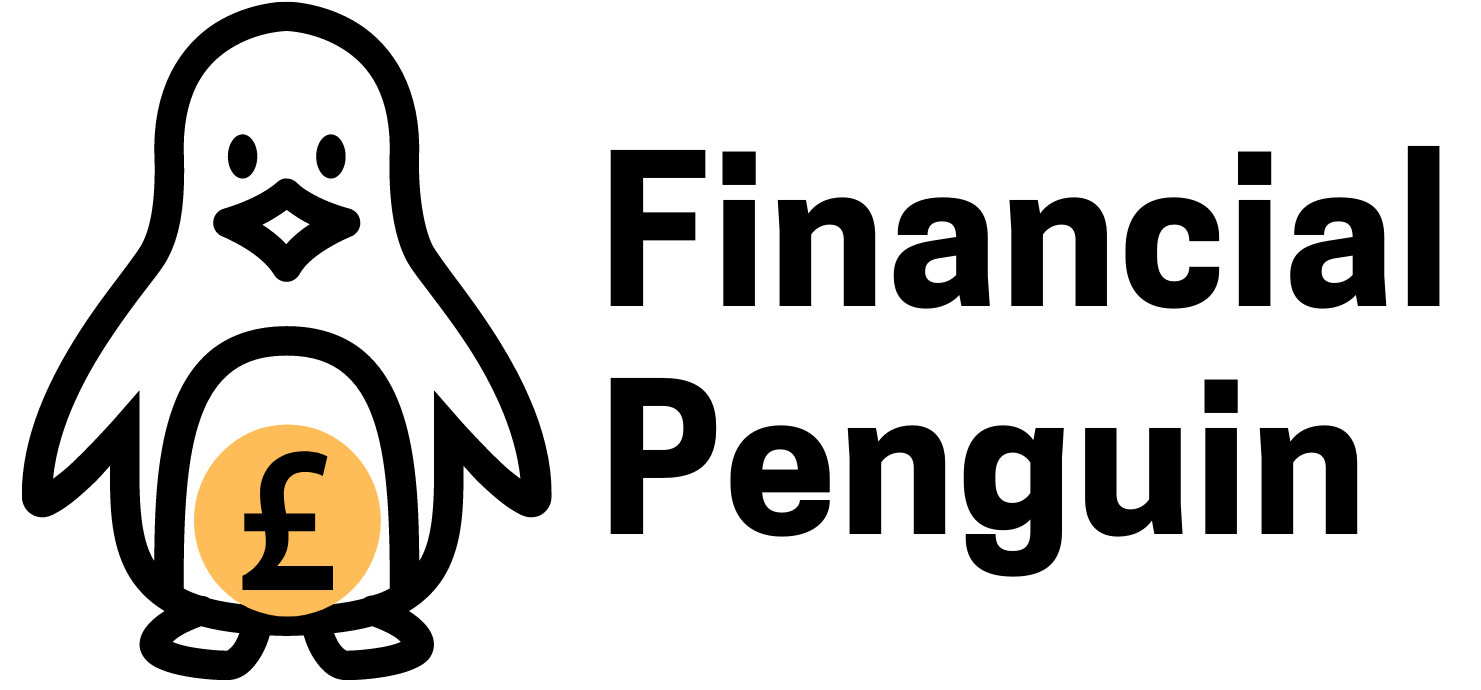How to get help if you are struggling to pay debt?
Dealing with debt can be overwhelming and stressful, but it's essential to know that you're not alone. In the UK, there are several resources and organisations dedicated to helping individuals who are struggling with debt. From debt advice charities to government programs, there are actionable steps you can take to regain control of your finances and work towards a debt-free future. Here's a guide on how to get help if you're facing financial difficulties.
How to try and clear existing debts yourself
If your debt is getting out of control, the first step is to try and see if you can clear the debts yourslef. For many people reading this article you may have already tried this and maybe you’re struggling, so in this case skip this section and move onto the next section on professional help. But if you haven’t tried a structured approach to managing your debt yourself here are some key steps: .
Identify and Prioritise Debts: Start by writing down all of your outstanding debts and categorising them into priority and non-priority. Priority debts are obligations with severe consequences if unpaid, such as mortgages, taxes, and child support. Non-priority debts include less critical liabilities like credit card bills and personal loans, which typically have fewer immediate repercussions if not paid on time.
Budget Wisely: Once you've prioritised your debts, the next step is to take control of your finances by creating a budget that accounts for both essential expenses and debt repayments. You want to free up as much money as possible each month to put towards your debt repayments. Review your monthly budget and try to reduce your expenditure on discretionary items as much as possible so you can allocate as much money as possible to paying down your debts.
Create a Repayment Plan: Next we want to develop a repayment plan that allocates funds towards paying off each debt systematically. Once you’ve reviewed your budget and know how much money you can afford to put towards you debt, focus on allocating this money towards paying the priority debts with the highest interest rates first. Once you have made your payments to your priority debts, you should then start to look at your non-priority ones. The order in which you then decide to pay these is down to you, but it’s worth addressing the ones that carry the highest interest rate first, so that the total amount you owe does not spiral upwards.
Seeking professional help
If you find it challenging to clear debts on your own or feel overwhelmed by the situation, it's essential to consider seeking professional assistance. These services are often provided free of charge, and there's no need to feel embarrassed about asking for help. Thousands of individuals seek assistance each year, and professionals in this field have access to tools and resources that can help you manage your debt effectively. Don't hesitate to reach out for help if you're concerned – seeking assistance promptly can make a significant difference in your financial situation.
Free support services your can contact:
If you are seeking professional help, there are several organisations you can speak to free of charge who can help you:
The Money Advice Service serves as a valuable resource, offering free and impartial guidance on managing debt, budgeting, and financial planning.
StepChange Debt Charity provides expert advice and support to individuals facing debt challenges, with services including debt management plans and debt advice tailored to individual needs.
National Debtline is another reputable organisation offering free debt advice and support over the phone and online, helping individuals navigate debt issues and explore potential solutions. By reaching out to these trusted organizations, individuals can access the assistance and resources needed to regain control of their finances and work towards a debt-free future.
Debt solutions that professional advisors can offer you:
If you seek professional help there are several debt solutions that the advisors can offer you to help you get out of your situation. A debt solution is a strategy or financial plan designed to help individuals manage, reduce, or eliminate their debt. Here is a quick overview of the different options:
Debt Management Plan (DMP)
A DMP involves working with a professional debt advisor who negotiates with creditors to create a repayment plan that suits your financial situation.
You make one monthly payment to the DMP provider, who then pays your creditors. This can make repayments more manageable and reduce stress.
Individual Voluntary Arrangement (IVA)
An IVA is a legally binding agreement between you and your creditors to repay a portion of your debts over 5–6 years.
It offers legal protection from creditor action and helps you avoid bankruptcy, while making affordable monthly payments based on your income.
Debt Consolidation
Debt consolidation means combining multiple debts into one new loan or credit facility, ideally with a lower interest rate.
This simplifies your finances and may reduce the cost of borrowing. Common methods include consolidation loans or 0% balance transfer credit cards.
Summary
Dealing with debt can be challenging, but help is available for those who need it. By seeking free debt advice, contacting debt charities, exploring debt solutions, prioritising essential payments, and getting help with budgeting, you can take proactive steps towards regaining control of your finances. Remember, you don't have to face your financial struggles alone – reach out for support and take the first step towards a brighter financial future.



